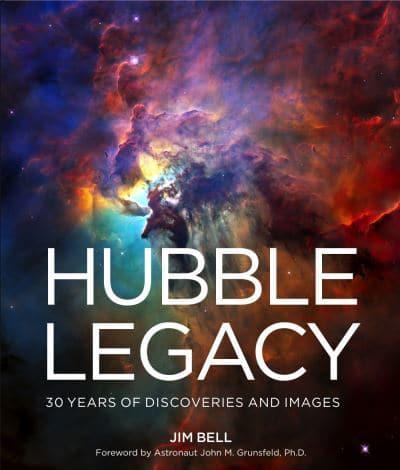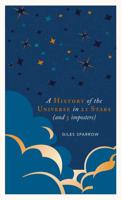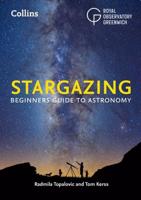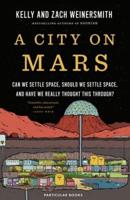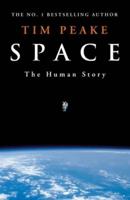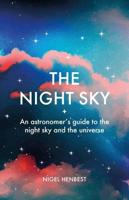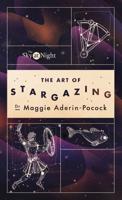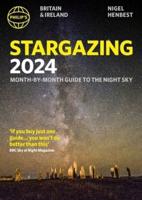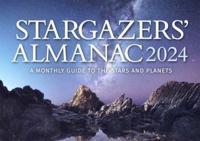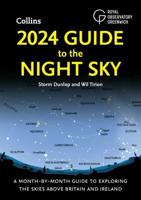Publisher's Synopsis
Looking deep into space, by definition, means looking back in time-and the Hubble Space Telescope can look very far back, including at stars, nebulae, and galaxies that are millions, even billions, of years old. If there is a single legacy of Hubble as it turns 30 years old and nears the end of its useful life, it is this: It has done more to chronicle the origin and evolution of the known universe than any other instrument ever created. Hubble has also captured an astounding collection of ultraviolet images that include geysers of solar light, Mars' famous dust storms, exploding stars, solar flares, globular clusters, and actual galaxies colliding. As for scientific milestones, Hubble has helped us learn that the universe is 13.8 billion years old, that just about every large galaxy features a black hole at its center, and that it's possible to create 3-D maps of dark matter. Hubble Legacy will not only feature the most stunning imagery captured by the telescope, but also explain how Hubble has advanced our understanding of the universe and our very creation.
